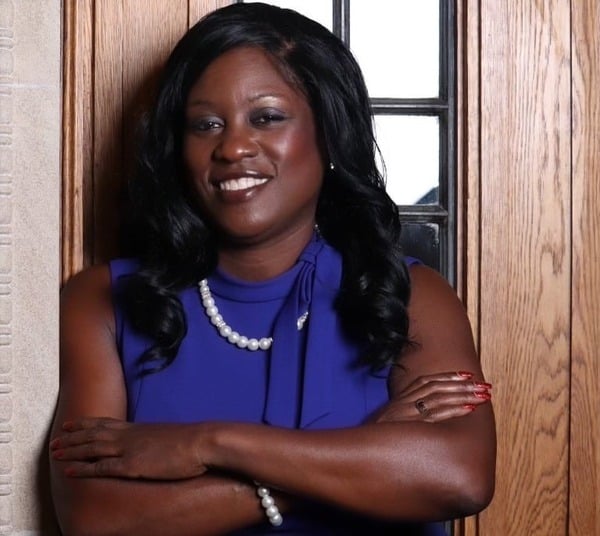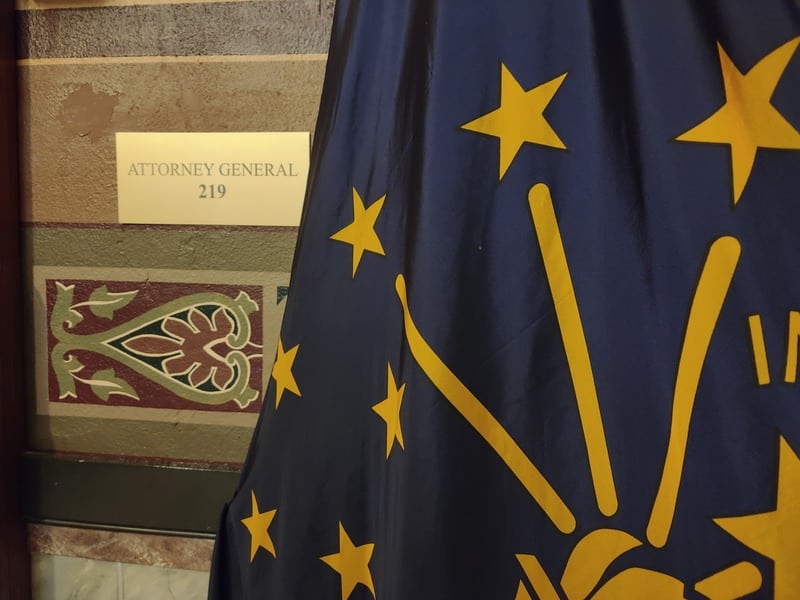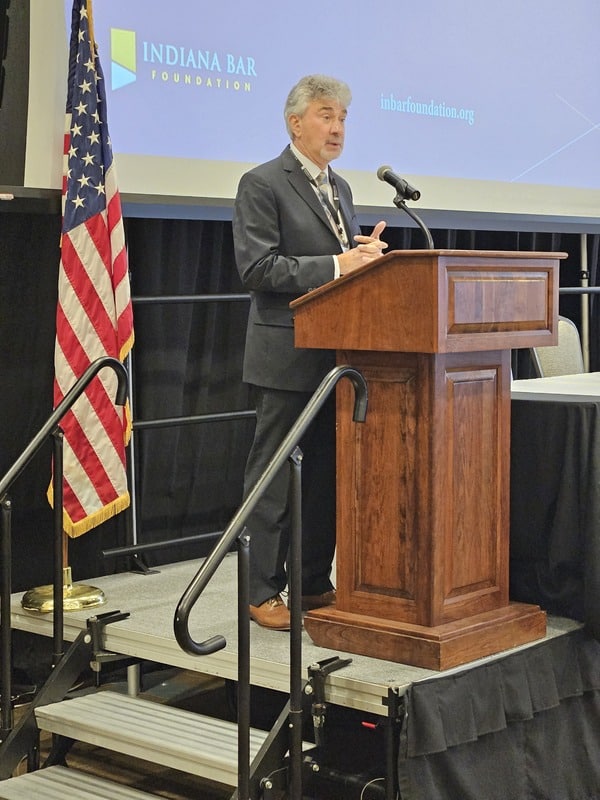A recent column I wrote about the Indiana Chamber of Commerce must have touched a nerve.
In that piece, I took note of the brouhaha raised by the chamber’s recent report, “Indiana’s Leaking Talent Pipeline.” That report noted that the state doesn’t perform well when it comes to attracting and retaining talent, citing a CNBC report that ranked us 48th among the 50 states in that category.
The chamber report then laid the blame at the foot of the public school system, saying too few Hoosier students graduated from college or with other certificates of academic achievement or training.
Among the remedies for this ailment, the chamber’s report argued—not entirely coherently or persuasively—was reducing the number of school districts in the state.
The report did not please educators.
Three former Indiana superintendents of public instruction—Jennifer McCormick, Glenda Ritz and Suellen Reed—blasted it, as did the Indiana State Teachers Association.
I argued that the chamber didn’t come to this debate as a detached observer. The chamber has driven education policy and practice now for nearly 20 years, ramming through one supposed “reform” after another.
Some of those reforms have worked.
Many have not.
My overarching point was that the chamber had missed a rare opportunity. It had a chance to reset the entire education debate in Indiana by acknowledging that maybe, just maybe, not every idea the chamber’s leadership has had for Hoosier schools has been a stroke of genius or an act of divine inspiration.
Chamber President and CEO Kevin Brinegar would have none of it.
He penned an op-ed piece in response.
In it, he wrote, “There are so many things wrong with John Krull’s recent column, ‘Chamber misses the moment,’ that it’s difficult to know where to begin.”
He failed, though, to cite any factual errors in my column.
Instead, he contended that the chamber’s report was nothing more than the analysis of a disinterested party, a party that hadn’t spent God knows how many hours and dollars lobbying Indiana politicians to call for specific changes to the way the state’s schools are run.
Taking note of the fact that possibly, just possibly, the chamber might have a dog in this fight was horribly unfair, Brinegar suggested.
It was a curious argument.
In essence, what he contended was that the chamber should be able to both play in the game and serve as referee, too—and neither the other team nor the spectators had any right or reason to take note of, much less complain about, such an arrangement.
I can understand why the chamber would feel that way.
It’s much easier to win the game when one side gets to decide how the rules should be interpreted while the players compete.
But that’s of value only if one’s sole interest is in playing games.
I was under the impression that the Indiana Chamber of Commerce wanted to solve problems and meet challenges.
Should the chamber want to do that, its leadership will have to acknowledge that, if Indiana has “lackluster education outcomes,” as Brinegar says, the chamber owns a significant portion of the responsibility.
If the chamber does that, it has the chance to put an end to the siege warfare that has dominated Indiana education debates for the past 30 years and start the state on a new and more productive path.
If, though, the chamber’s leaders continue to contend that when they criticize Indiana’s “lackluster” schools they’re merely telling the truth and holding educators accountable but dismiss accounts of the chamber’s role in Hoosier education’s shortcomings as “finger-pointing,” they can’t expect anyone who didn’t drink the Kool-Aid to take them seriously.
The fact is that the squabbling between the Indiana Chamber of Commerce and the state’s educators grew tiresome a long time ago.
Now, that squabbling worse than tiresome.
It’s dangerous to this state, its students and its citizens.
The chamber has the duty to change that dynamic because it is the chamber that has set the tone and dominated the discussion for years. It’s up to the chamber to lead, to break the cycle.
If the chamber refuses to meet that responsibility, its leaders shouldn’t be surprised if Hoosiers don’t find their analysis of Indiana education persuasive or even credible.
And if the chamber considers this more finger-pointing, so be it.









